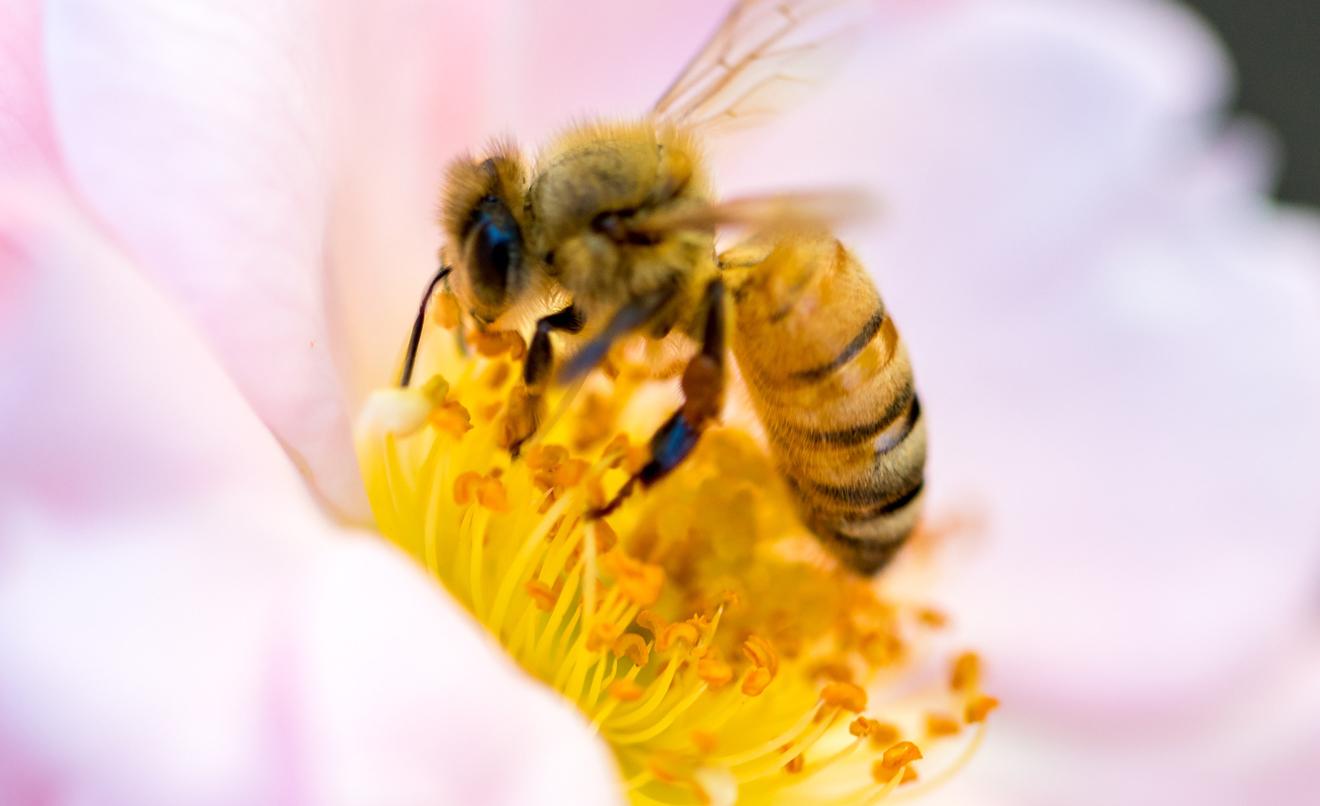
1.- Have a shower instead of having a bath: maximum
time showering must not exceed five minutes, which means 95 liters of water. If
you want to control your water consumption, there are several mobile phone apps
that will notify you when time has passed.
2.- Place atomizers in every faucet. By mixing water
and air, the stream will be greater and it will use a lower amount of water.
3.- Water the plants at night. You can do this with
the water you have collected while waiting for it to warm up in the shower.
4.- Turn off the faucet when brushing your teeth or
shaving.
5.- Don’t use the toilet as a wastebasket. Each time
you flush the toilet, between 6 and 10 liters of water are wasted.
6.- Optimize the use of the washing machine and the
dishwasher. Manage without the dryer: hang up clothes outdoors.
7.- Walk or ride a bicycle for short or medium
distances. You contribute to reducing CO2 emissions into the atmosphere while
working out, which is also beneficial for your health.
8.- For long distances, use public transport. In case
it is impossible and you have to use the car for a long journey, share it with
friends or workmates.
9.- Turn off devices when you don’t use them. Stop “phantom
consumption”, which is the waste of electricity of electronic devices just for
being plugged in, even if they are not used.
10.- Check the light bulbs in your home. Invest in LED
lighting, which not only saves energy but also has a longer life.
11.- Turn down the heating and up the air
conditioning, by at least 1 degree. This simple fact noticeably reduces energy
consumption. Use a thermostat to control it.
12.- Responsible consumption. Prepare a shopping list,
stick to it, and use up the products’ lifespan.
13.- Clothes, toys, books, discs, furniture... can
have many lives. Second-hand market is full of great options.
14.- Grow your own garden. A small terrace is enough
to prepare a mini garden for your own plants.
15.- Eco-friendly consumption. Chemical fertilizers
are not used in organic product production, since it is respectful of the environment
and soil conservation.
16.- Buy seasonal fruits and vegetables from local
farmers. You will support the reduction of emissions that transport means, and
at the same time you will support the local economy.
17.- Take advantage of natural light. Open the windows
and raise the blinds, to let sunlight in during the day, reducing this way
electricity consumption. At night, in winter, lower the blinds to maintain the
temperature.
18.- Reduce meat consumption. Nowadays, beef is the
main cause of deforestation in the world.
19.- Have a composter to use at home. You will reduce
organic waste and its treatment while having the highest-quality compost for
your plants.
20.- Avoid single-use items. From sandwich wrappers to
napkins, bottles of water, or the bag where you use for oranges at the
supermarket. Switch to reusable things.
21.- Get into DIY. Use your imagination or some
tutorials, and reuse what you don’t want anymore!
22.- Once you’ve already reused and reduced
consumption, recycle the rest.
23.- Check your bathroom items: bamboo toothbrush,
solid and chemical-free shampoo and conditioner, plant-based sponges and
menstrual cup.
24.- Fill your house with plants: besides bringing
joy, they purify the air and reduce bad smells.
25.- Prioritize digital storage. You will save paper
and printing costs, and you will find everything faster.
26.- Promote environmental education. If we work on children’s
sensitivity to the protection of the planet, they will develop respectful
habits they will keep in the future.
27.- In holidays, do sustainable tourism.
28.- When cleaning, avoid the use of chemical and
toxic products, and aerosols. There are multiple natural alternatives we can
use such as vinegar, baking soda, lemon, or eco-friendly products for cleaning.
29.- Do plogging. It is a global movement that originated
in Sweden less than a decade ago. It combines working out outdoors and wastes
collection.
30.- Open the fridge only when necessary. The use of
energy to replenish the degrees lost each time we open the door and stay there
thinking about what to take is extremely high.
31.- Reduce your technological garbage. Technological
waste is the most increased one worldwide. Apply strictly the 4 R’s: reduce,
reuse, recover and recycle.
32.- Birthdays, Christmas, anniversaries… Think about what
to gift in advance, so that you don’t randomly buy things that would end up in
the wastebasket. If possible, gift experiences.
33.- In the countryside, be respectful of the
environment and don’t interact with animals. Don’t generate noise and light
pollution.
34.- Air-dry your hair instead of using a hairdryer.
35.- Always bring along a fabric bag.
36.- If you have pets, pay attention to not damaging
the environment with their care. Use biodegradable bags to collect their excrement
or make their toys by recycling unused objects.
37.- When buying electrical appliances, make sure they
are actually necessary and always choose those of the greatest energy
efficiency.
38.- Don’t preheat the oven. You can also turn it off
10 minutes earlier since with the remaining heat your dishes will get
completely cooked.
39.- Don’t smoke. Tobacco not only is a public health
problem, but also an environmental problem. Cigarette butts wasted each day
alter air quality and are full of toxins.
40.- Get informed and take action. Surely there are voluntary
social or collective movements you can join in your area to demand public policies
that benefit the environment and work for the planet.